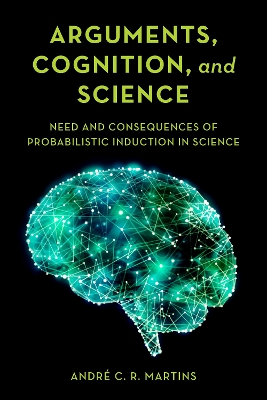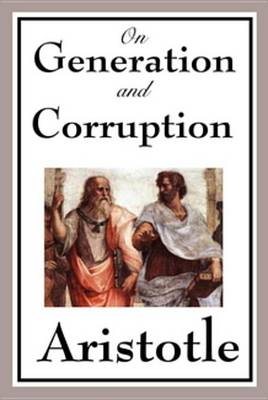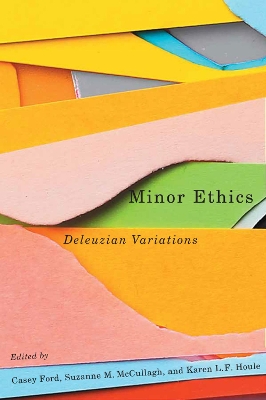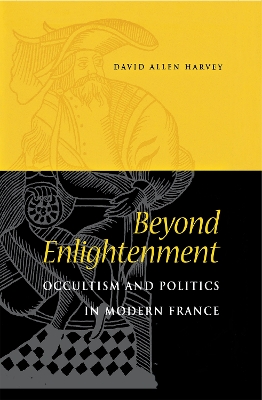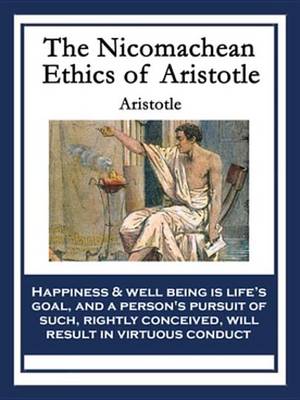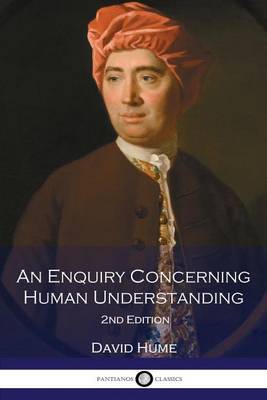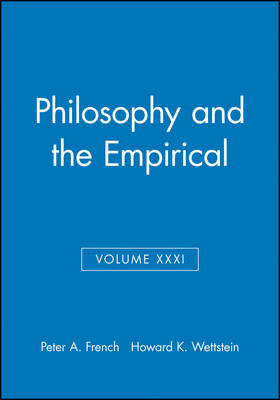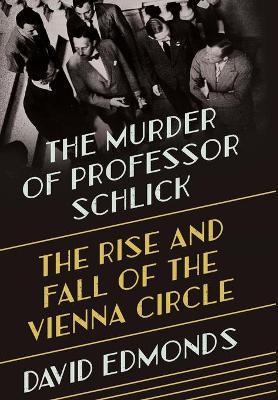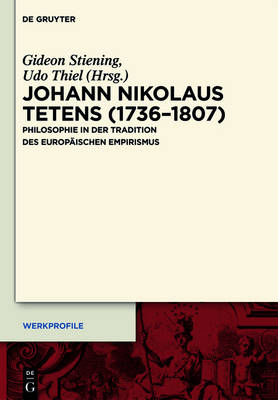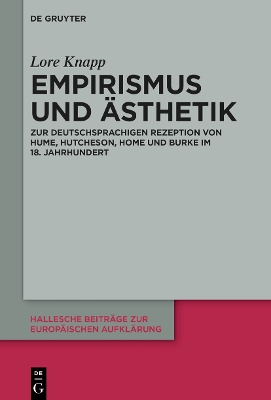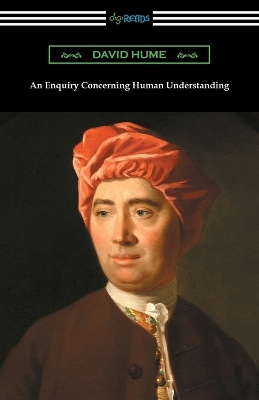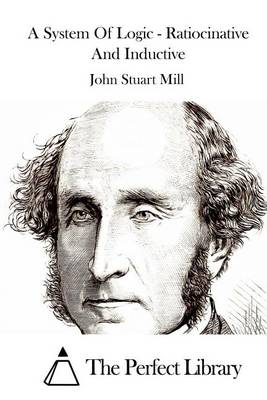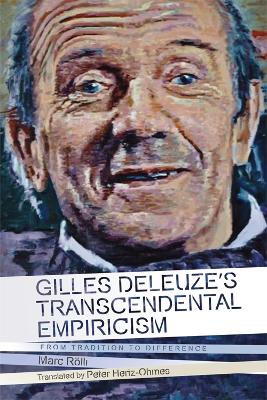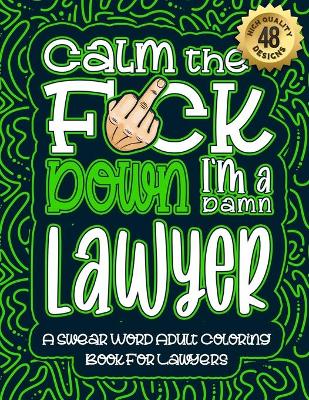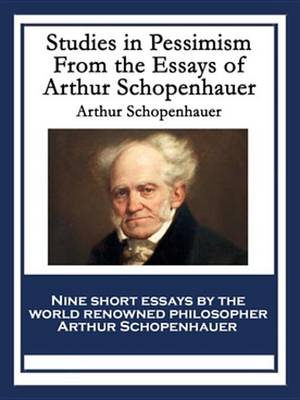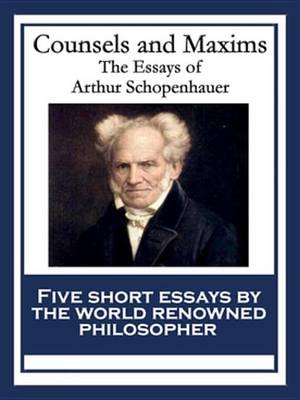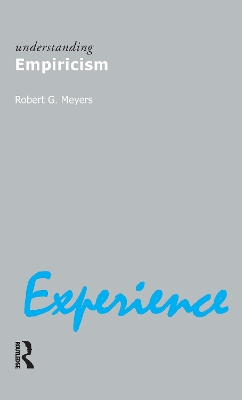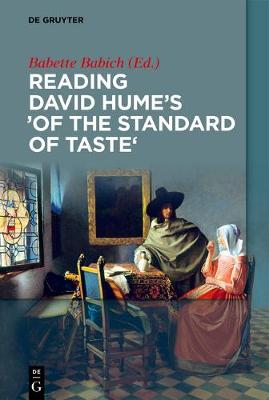Our reasoning evolved not for finding the truth, but for social bonding and convincing. The best logical methods humans have created provide no path to truth, unless something is assumed as true from the start. Other than that, we only have methods for attempting to measure uncertainty. This book highlights the consequences of these facts for scientific practice, and suggests how to correct the mistakes we still make. But even our best methods to measure uncertainty might require infinite resour...
Minor Ethics
Alongside the major narratives of ethics in the tradition of Western philosophy, a reader with an eye to the vague and the peripheral, to the turbulent and shifting, will spy minor lines of thinking - and with them, new histories and thus new futures.Minor Ethics develops a new approach to reading texts from the history of philosophical ethics. It aims to enliven lines of thought that are latent and suppressed within the major ethical texts regularly studied and taught, and to include texts and...
The occult sciences have attracted followers and fascinated observers since the middle ages. Beyond Enlightenment examines the social, political, and metaphysical doctrines of Martinism, a French occultist movement and offshoot of Freemasonry that flourished from the late eighteenth century to the dawn of the twentieth century. The French Revolution and the disorder that followed it convinced Martinists that modern society was on the wrong path. For guidance they looked back not to the corrupt O...
John Stuart Mill's Deliberative Landscape (Studies in Ethics)
by Candace A. Vogler
This book charts the fate of philosophical theory. Drawing on the anti-instrumentalist strands of Millian thought, Vogler constructs a powerful objection to instrumentalism about practical rationality.
Philosophy and the Empirical (Midwest Studies in Philosophy)
This collection of essays focuses on a current issue of central important in contemporary philosophy, the relationship between philosophy and empirical studies.* Explores in detail a range of examples which demonstrate how the older paradigm - philosophy as conceptual analysis - is giving way to a more varied set of models of philosophical work* Each of the featured papers is a previously unpublished contribution by a major scholar
The Advancement of Learning (Renaissance Library) (Everyman's University Paperbacks)
by Francis Bacon
No descriptive material is available for this title.
From the author of Wittgenstein's Poker and Would You Kill the Fat Man?, the story of an extraordinary group of philosophers during a dark chapter in Europe's historyOn June 22, 1936, the philosopher Moritz Schlick was on his way to deliver a lecture at the University of Vienna when Johann Nelboeck, a deranged former student of Schlick's, shot him dead on the university steps. Some Austrian newspapers defended the madman, while Nelboeck himself argued in court that his onetime teacher had promot...
Empirismus Und AEsthetik (Hallesche Beitrage Zur Europaischen Aufklarung, #69)
by Lore Knapp
An Enquiry Concerning Human Understanding (with an Introduction by L. A. Selby-Bigge)
by David Hume
A System Of Logic - Ratiocinative And Inductive
by John Stuart Mill
A System of Logic, Ratiocinative and Inductive is a book by English philosopher John Stuart Mill. In this work, he formulated the five principles of inductive reasoning that are known as Mill's methods. This work is important insofar as it outlines the empirical principles Mill would use to justify his moral and political philosophies. An article in "Philosophy of Recent Times" has described this book as an "attempt to expound a psychological system of logic within empiricist principles." This w...
Gilles Deleuze's Transcendental Empiricism (Plateaus - New Directions in Deleuze Studies)
by Marc Rolli
Deleuze's readings of Hume, Spinoza, Bergson and Nietzsche respond to philosophical critiques of classical and modern empiricism. However, Deleuze's arguments against those critiques--by Kant, Hegel, Husserl and Heidegger--consolidate the philosophy of immanence that can be called 'transcendental empiricism'. Marc Rolli offers us a detailed examination of Gilles Deleuze's philosophy of transcendental empiricism. He demonstrates that Deleuze takes up and radicalises the empiricist school of thoug...
Collected here are nine short essays, On the Sufferings of the World, The Vanity of Existence, On Suicide, Immortality: A Dialogue, Psychological Observations, On Education, Of Women, On Noise, and A Few Parables, by the world renowned philosopher Arthur Schopenhauer.
"Understanding Empiricism" is an introduction to empiricism and the empiricist tradition in philosophy. The book presents empiricism as a philosophical outlook that unites several philosophers and discusses the most important philosophical issues bearing on the subject, while maintaining enough distance from, say, the intricacies of Locke, Berkeley, Hume scholarship to allow students to gain a clear overview of empiricism without being lost in the details of the exegetical disputes surrounding p...
Die Begrundung Des Realen (Quellen Und Studien Zur Philosophie, #147)
Reading David Hume's 'Of the Standard of Taste'
This collection on the Standard of Taste offers a much needed resource for students and scholars of philosophical aesthetics, political reflection, value and judgments, economics, and art. The authors include experts in the philosophy of art, aesthetics, history of philosophy as well as the history of science. This much needed volume on David Hume will enrich scholars across all levels of university study and research.
